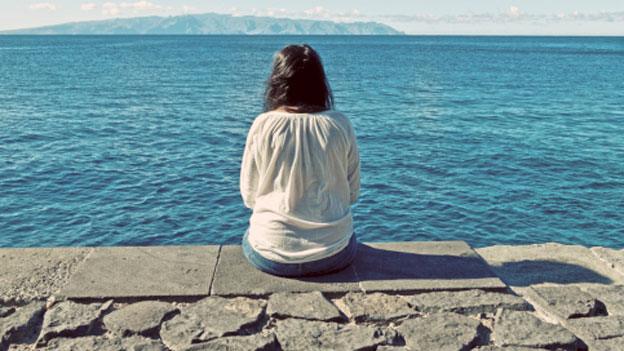Loneliness 'on the rise among elderly'
- Published
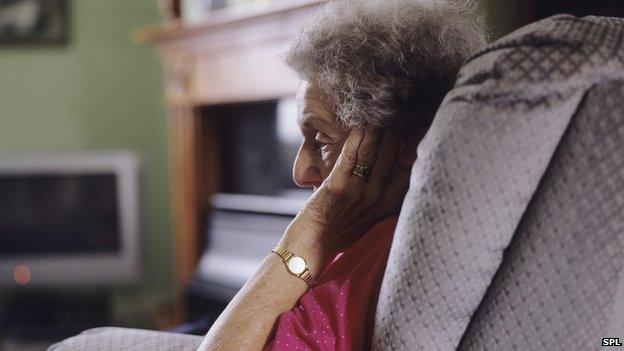
There is increasing recognition of the link between loneliness and poor health
Loneliness among the elderly in the UK is on the rise, a survey shows.
The Age UK poll of 2,000 over-65s found 10% described themselves as often or always lonely - a rise from 7% a year ago.
Four in 10 said their TV or pet was their main form of company.
Research has shown loneliness increases the risk of ill-health and early death, prompting ministers to call on people to look out for people at risk of loneliness in their communities.
'Devastating impact'
The poll randomly selected and then interviewed people aged over 65 according to their gender, working status and the presence of children, said Age UK.
Last winter, the 'Friends' campaign appealed for a return to an "old-fashioned sense of neighbourliness" by encouraging people to check on elderly friends and neighbours.
Announcing the move, Jeremy Hunt said it was a source of "national shame" that loneliness was emerging as such a problem.
Caroline Abrahams, of Age UK, said loneliness can have a "devastating impact".
She said: "Loneliness not only makes life miserable for older people. It is also really bad for their health making them more vulnerable to illness and disease."
Research has shown that the ageing population has led to an increase in people living on their own.
But Ms Abrahams said cuts to local services, such as lunch clubs and day centres, had exacerbated the problem.
- Published17 December 2013
- Published18 October 2013
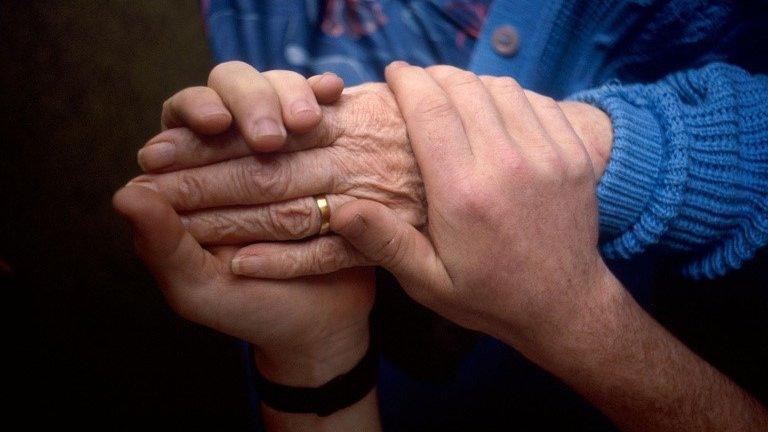
- Published3 September 2013
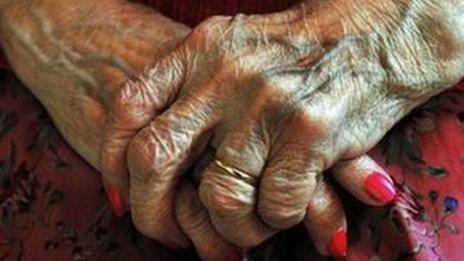
- Published12 April 2013
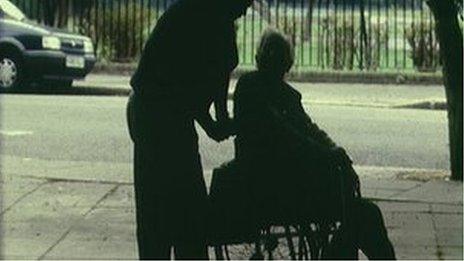
- Published8 April 2013
